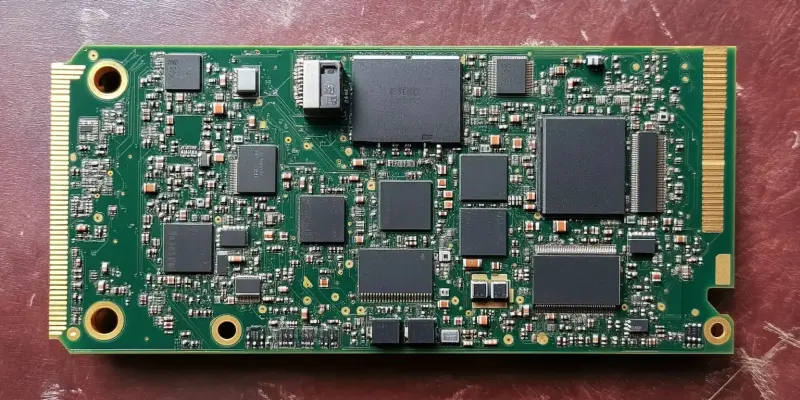In an era where the limits of microprocessor capabilities are constantly pushed, a startup named Ubitium is setting its sights on fundamentally transforming the landscape with its Universal Processor. The groundbreaking processor architecture aspires to combine CPU, GPU, DSP, and FPGA functionalities into a single, versatile chip. Leveraging the open-source RISC-V instruction set, the Universal Processor incorporates a workload-agnostic microarchitecture that can dynamically repurpose transistors for a variety of computing tasks, from simple control logic to complex AI processes and graphics rendering. This innovation aims to tackle the inefficiencies endemic to contemporary specialized cores in smartphones and other devices, which frequently remain idle, wasting precious power and silicon area.
The Team Behind Ubitium
Ubitium boasts an impressive team of seasoned industry veterans hailing from tech giants like Intel, Nvidia, and Texas Instruments. Most notable among them is one of the key inventors, Martin Vorbach, who holds over 200 patents and brings a wealth of knowledge and experience to the enterprise. Despite their ambition and expertise, the company grapples with substantial challenges, particularly in securing the necessary funding. To date, the startup has amassed only $3.7 million, a paltry sum compared to the hundreds of millions generally required for pioneering chip development. Nevertheless, Ubitium has set a target to deliver its first Universal Processor chips by 2026. This timeline is perceived by some industry observers as overly optimistic given the financial constraints and the monumental scope of their endeavor.
Revolutionizing Processor Architecture
Ubitium has grand ambitions for its Universal Processor, aiming to offer a wide product range that spans from tiny embedded devices to high-performance computing systems that could compete with industry giants like Nvidia, AMD, and Intel. Ubitium claims their processor provides a performance-to-cost ratio 10 to 100 times better than current specialized chips. This is possible by reusing transistors for multiple tasks, reducing the total number of transistors needed, saving energy, and lowering system complexity and costs.
CEO Hyun Shin Cho highlights that this innovation marks a “total paradigm shift” in microprocessor design, not just a minor improvement. Ubitium’s groundbreaking technology aims to transform the industry’s approach to processor architecture, making it more efficient and economical. If Ubitium can overcome its developmental and financial hurdles, the Universal Processor could potentially change the tech landscape, integrating multiple specialized functions into a single, more versatile chip. This adaptability could set new standards in efficiency and cost-effectiveness, altering the future of computing.

